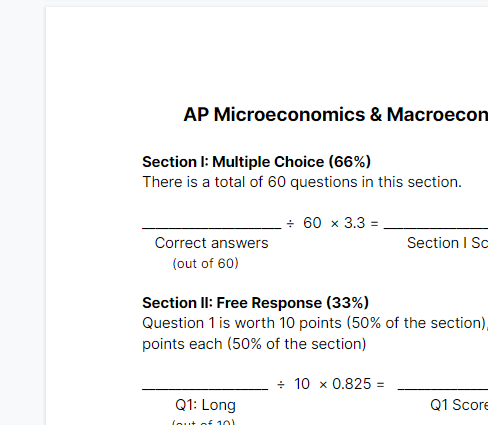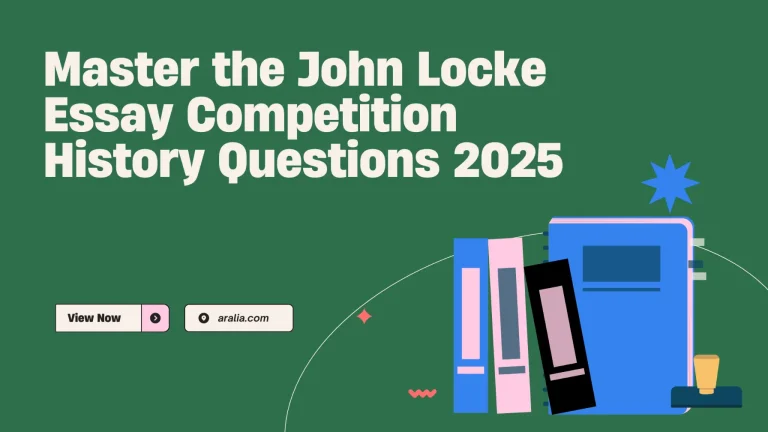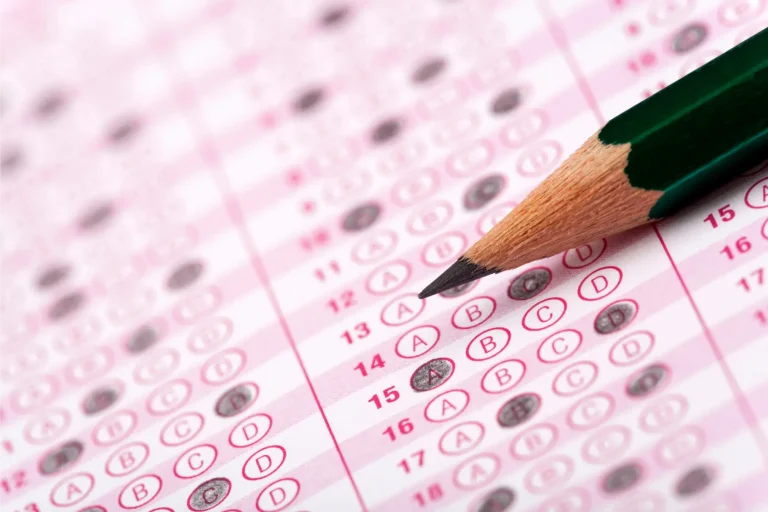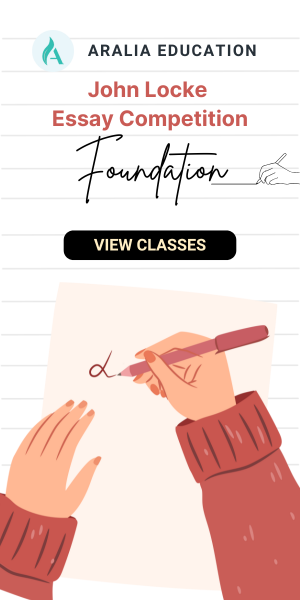AP Class Details
Course Content: AP English Language and Composition aims to support students to become proficient readers who can read and analyze arguments and compositions with multiple rhetorical contexts, as well as proficient writers who can write articles for different purposes.
Course objectives: This AP literature course allows students to understand the writer’s purpose, readers’ expectations, and the overlapping themes. Students will also learn the characteristics of various genres and their influence on language use and writing effects.
Suitable for: Students who want to improve their English reading and writing.
Test objectives: In general, AP English Language and Composition tests students’ understanding of literary concepts such as language use, genre characteristics, and their ability to apply those understandings in analyzing and developing written arguments. This test aims to develop two basic abilities for students to master the English language:
- Be able to read articles on different topics from different periods; fully understand the author’s writing intention, analyze the writing background of the article, the author’s attitude, and the characteristics of the readers; and learn to appreciate the profound meaning of the articles.
- Be able to write well-organized and developed arguments for different groups of people.
Exam content:
Section I accounts for 45% of the total score, multiple-choice questions, 55 questions, and 60 minutes.
Section II accounts for 55% of the total score, 3 essay questions, 135 minutes.
Essay questions include argumentative writing (6 points), analytical writing (6 points), and comprehensive writing (6 points).
In the multiple-choice section, students will be asked to read and analyze nonfiction texts, as well as suggest revisions to the text as a writer. In the free-response section, students will be tested on their skills in composition by writing arguments, conducting a rhetorical analysis, and creating evidence-based arguments responding to a given topic.
Course Content: This AP course/exam is designed for students who are interested in literature, want to do further research, and high-intensity learning.
Course objective: The purpose of the course is to cultivate students’ critical reading and analytical writing ability, through evaluating works of fiction, poetry, and drama from various periods and cultures. Students will not only read but also write essays to explain and support their analysis of the author’s works. A combination of extensive reading and writing is the core of this course.
Suitable for: Students who are interested in literature and want to study literature, history, and philosophy in the future.
Test objectives: This test aims to train students to master two abilities:
- Able to read critically and understand literary works (including poems, novels, and plays); fully understand the author’s writing intentions, analyze the writing background of the article, and the author’s attitude, and tone.
- Able to read and analyze literary works from different perspectives, such as the protagonist’s personality, the author’s expression, writing style, and rhetorical techniques, such as puns, parallelism, similes, metaphors, contradictory rhetoric, etc.
Exam content:
Section I accounts for 45% of the total score, consists of 55 multiple choice questions, 60 minutes.
Section II accounts for 55% of the total score, 3 essay questions, 120 minutes.
Essay topics include: poetry appreciation writing (6 points), prose novel analysis writing (6 points), literary argument analysis writing (6 points).
Differences between the two exams
Difference 1: AP Language covers more extensive topics than AP Literature
AP Literature mainly focuses on the analysis of literature and poetry, while AP Language has a broader scope.
AP English Language requires students to deconstruct rhetorical strategies in most non-fiction works. Non-fiction is a broad term that can include news, memoirs, essays, satire, comics and even photography. AP Language will also work with many types of writing, from learning different forms from persuasive essays to memoir writing, to increasing argument effectiveness.
Difference 2: AP Literature requires deeper learning than AP Language
AP English Literature focuses on reading and analyzing different perspectives of literary and poetic works, such as individual characteristics, intonation, or the author’s perspective. In this sense, it has a smaller width than AP Language, but a greater depth. Students will discover the themes or intentions of works by using literary methods, rather than analyzing their arguments.
For AP English Language, students will make more extensive comparisons and arguments under various texts.
Difference 3: AP Language is more applicable to other subjects than AP Literature
The skills learned in AP Language are not only widely applicable to the humanities, but also to the social sciences. If you are interested in political science, sociology, or economics, then the skills you learn in AP Language will be directly applicable to your university courses. And you will be qualified for college credit; therefore, you won’t have to take a college introductory literature course.
If you are interested in natural sciences or engineering, AP Language is also a good choice, because learning to break down arguments and reading non-fiction books may be more helpful in these fields than selected poetry and literary works. In any field, strong writing ability is very helpful.
Difference 4: AP Literature student need to read more
Which exam is harder?
Comparison of the AP score ratio between AP English Language and AP English Literature
- AP English Language: 12.5% to 9.1%
- Ap English Literature: 9.3% to 4.9%
| Subject | 5 points | 4 points | 3 points | 2 points | 1 point |
| AP English Language | 9.1% | 22.9% | 25.8% | 29.3% | 12.9% |
| AP English Literature | 4.9% | 12.0% | 26.9% | 37.3% | 18.8% |
Introducing Aralia Test Preparation Bootcamp, where students can excel in standardized tests with our comprehensive approach. At Aralia, we prioritize maximizing study efficiency and accelerating score improvement through a combination of practice examinations, expert strategies, and personalized guidance. Our Bootcamp offers students the opportunity to achieve significant score improvements within a condensed timeframe by learning strategic approaches tailored to their individual needs. With instructors who are AP readers, students benefit from expert teaching and gain valuable insights into exam techniques. Furthermore, our program equips students with versatile skills and strategies that can be applied to a range of standardized tests, ensuring they are well-prepared to adapt to various exam types.

FREE AP Scoring Worksheet
With the scoring worksheet, you will be able to calculate your target score in preparation for the upcoming exam in May. We also have a full scoring worksheet available below if you want to print it out and keep it in your folder.
This test prep course focuses on 4 main contents: rhetorical analysis, assertion and evidence, reasoning and organization, and language style learning. This course will focus on non-fictional reading materials, enabling students to identify and explain the author’s use of rhetorical strategies and techniques. The weekly courses will focus on the types of questions students take when taking the AP English test, which are comprehensive essays, rhetorical analysis essays, and argumentation essays. In addition, there will be a strategy course for the multiple-choice part of the AP English exam.
What's next
What books should I read for AP English Literature? Get the answer by reading The Ultimate AP English Literature Exam Reading List
What books should I read to prepare for High School Freshman’s English Class? Read Top 12 Summer Reads for Incoming High School Freshmen
How can I succeed in High School English Classes? Read How To Succeed In High School English Classes to find the answer!










